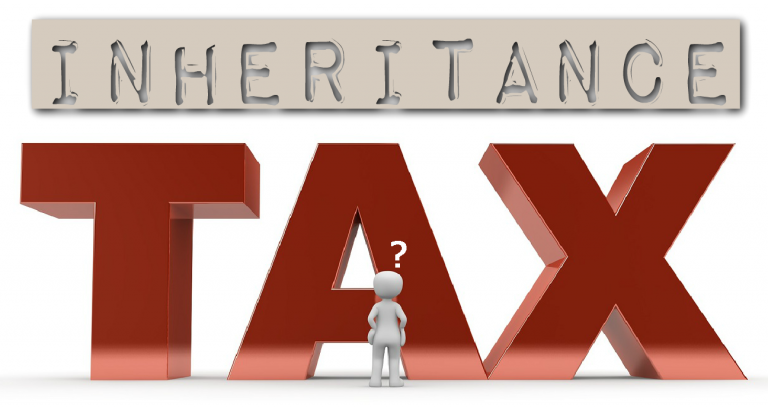What can you gift in order to minimise inheritance tax?

We work hard all of our lives in order to provide a roof over the heads of our family members and to obtain those things in life which make us happy. When coming to the end of your life, you may be worried about a hefty inheritance tax being taken from your assets, thus taken from your beneficiaries. There are a few things that you can do in order to reduce the amount of assets you own in order to reduce the amount of tax that will be taken from your estate when you pass away. Inheritance tax (IHT) is paid on an estate which is worth more than £325k. Any amount above this figure is liable to be taxed at 40%.

Gifting in order to reduce inheritance tax
There are a few things that you could do in order to avoid this tax. Gifting monetary amounts is one of them. You are able to give up to £250 as a gift as many times as you like in a tax year. Every transaction will be tax-free straight away. Larger transactions could be subject to taxation if you passed away less than seven years after the gift. There is a detailed description of how the ‘seven year rule’ works on https://moneyweek.com/personal-finance/tax/inheritance-tax/603221/inheritance-tax-planning-the-rules-around-gifting. Much larger actions, such as gifting property is a little more complicated.
Gifting property
If you wish to leave your home to your spouse or partner, there is no inheritance tax to pay on this. The good news for your children and grandchildren is that the allowance of £325k can be increased to £500k if you are planning on gifting property to them in your will. Some people think that if they sign the deeds over to their children, but continue living in the property, that they will have completely dodged the system. This is not true. If a property is given away to someone else, rent (at a rate appropriate for similar homes in the area) will have to be paid as well as a fair share of the bills. The ‘seven year rule’ mentioned above also comes in to play here. If you die within seven years of gifting the property, this will still be counted as your asset and is therefore subject to taxation.

It is important to gain the necessary advice, keep records to the best of your ability and to prepare as best as you can to ensure that these transactions run as smoothly as possible for those left behind when you pass away. Leaving detailed instructions in your will is the best way to ensure that your wishes are followed after you die.









